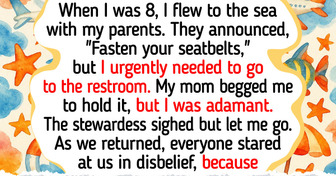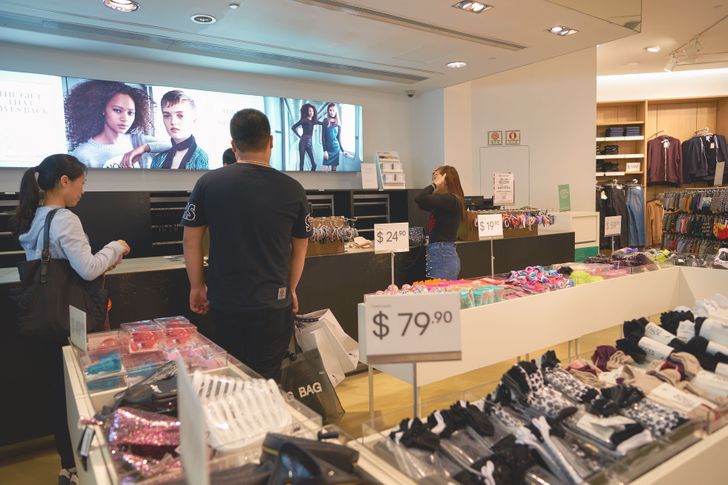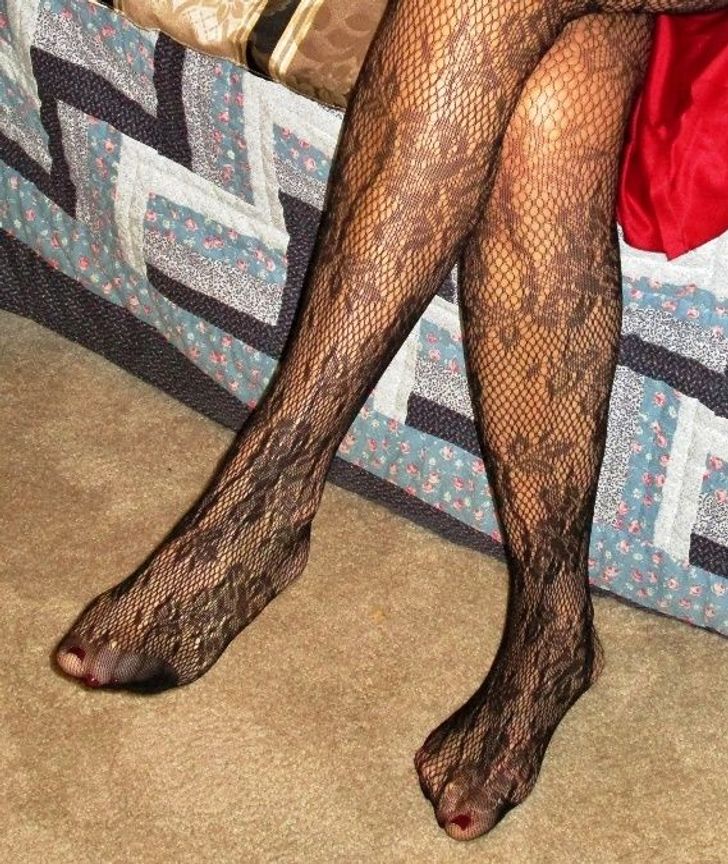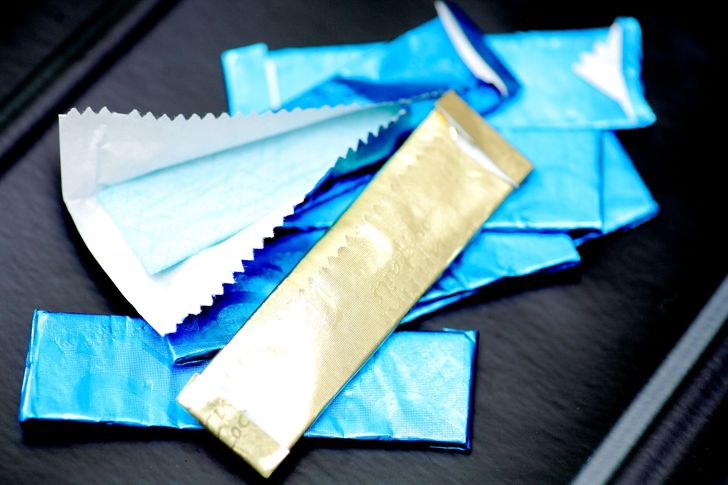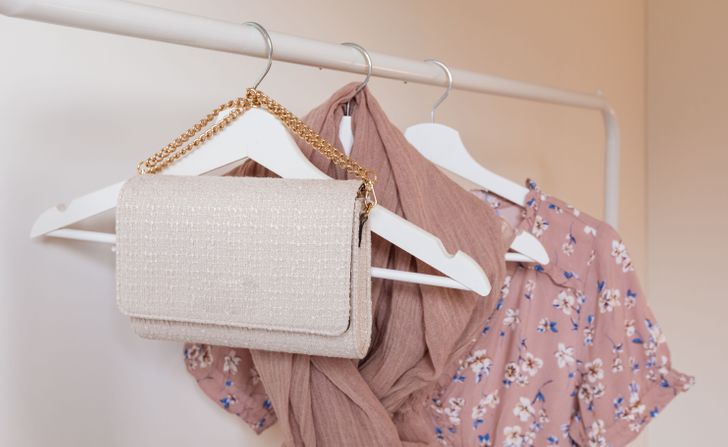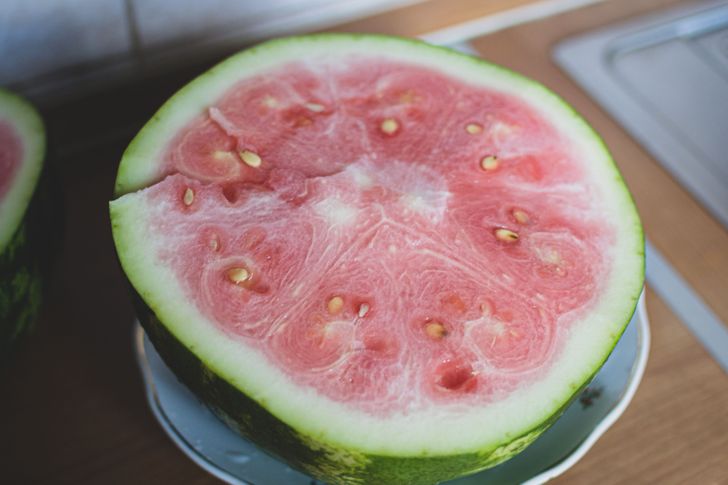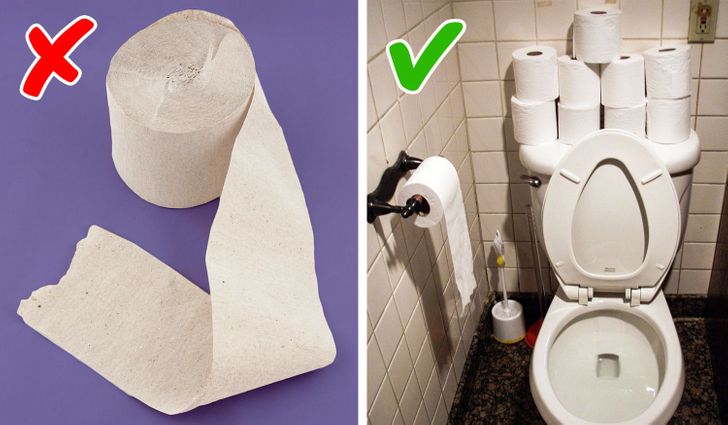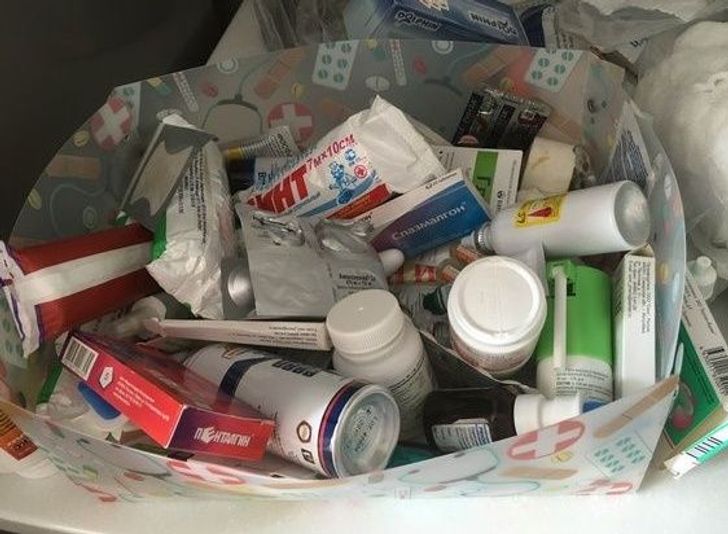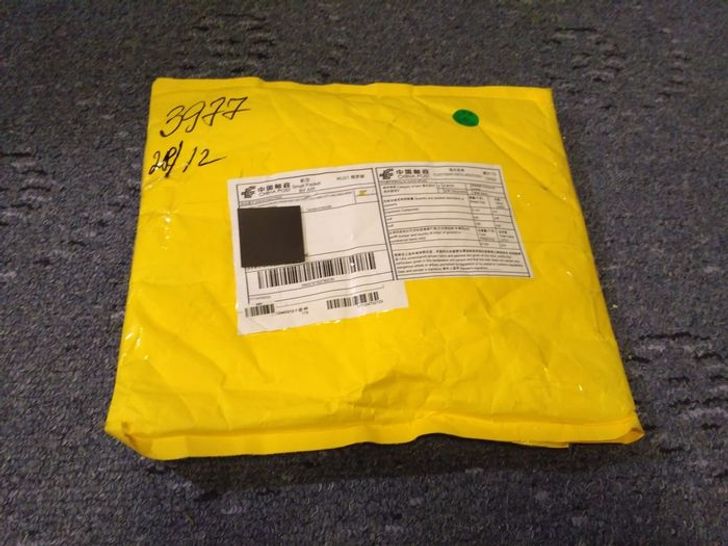good advice
8 Everyday Things That Drain Money From Your Wallet
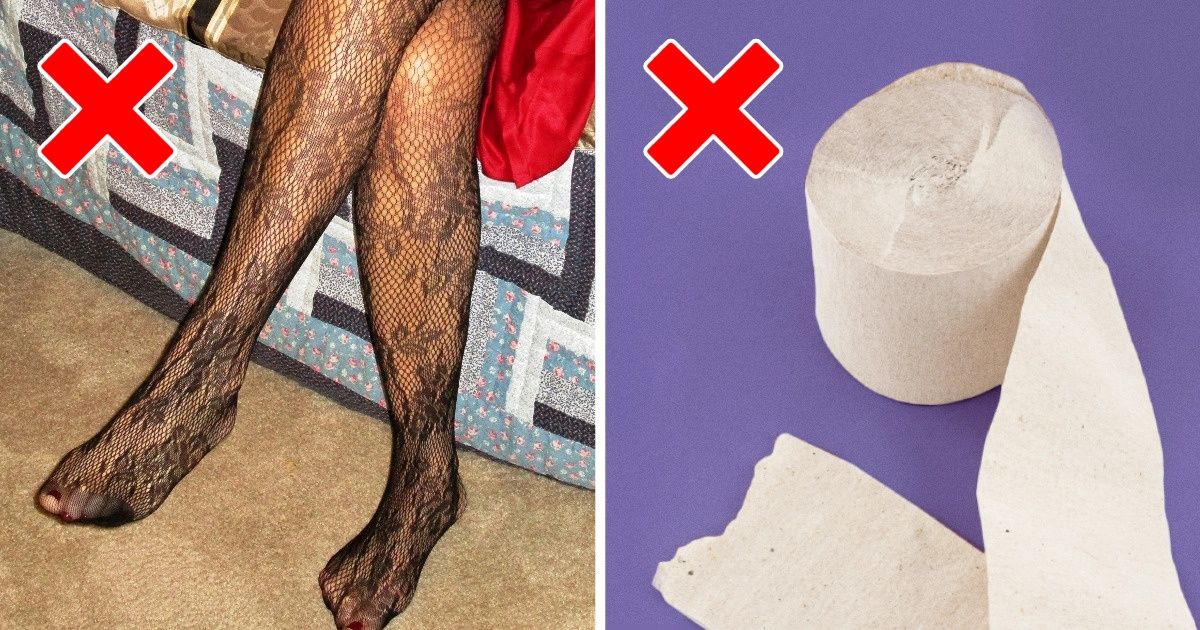
We often buy certain products or use services just out of habit, without even thinking about how much money we spend on them. But expenses that seem insignificant at first glance, may turn into a decent sum over time. All these “parasitic” items only imitate the pleasure we get from shopping and gradually make a hole in our wallets. As a result, we end up with no money in the bank and a lack of funds to purchase things that are really necessary.
Bright Side decided to dig into this burning issue and put together a compilation of things that quietly suck up your hard-earned money.
Trinkets at the checkout
A painfully familiar situation — while waiting for your turn, you grab a nice trinket in the checkout area. You don’t really need this thing, but its appearance and decent price tag are captivating. In reality, people who make such impulsive purchases just fall for the tricks of marketing specialists who deliberately put bright, shiny, and attention-grabbing little things of dubious quality on shelves.
Perhaps these simple tips will help you save a decent amount of money and prevent you from spontaneous purchases:
- Go to the grocery store when you’re sated and never go there on an empty stomach.
- Make a shopping list in advance.
- Leave the following note in your wallet: “Do you really need this?” It will remind you that you need to re-evaluate how much you need the item before paying for it.
Thin nylon tights
Every girl is probably familiar with the feeling of deep disappointment when a treacherous hole appears on your brand-new tights. Thin nylon is truly a gold mine for manufacturers. After all, products made from it tend to break at the most inopportune moment and with an enviable frequency.
To extend the life of tights and reduce your expenditures on them, it’s worth trying 2 simple but effective tricks:
- After purchasing them, remove the product from the packaging, wet it, and put it in the freezer until it freezes. Then defrost and let the tights dry. Done.
- Apply hairspray to a pair of new tights. Let the hairspray dry. Once this is done you can safely put the tights on.
Chewing gum
You can find this in almost every woman’s handbag because it can help at crucial moments and gives a feeling of confidence, even after a cup of strong coffee. But it also quietly drains money from your wallet. Especially from those people who like to chew 2 pieces of gum at a time, like they do in the ads.
Chewing gum is not as harmless as it sounds. Its use negatively affects not only your budget, but also your health. For a healthier alternative, try making homemade chewing gum.
Clothes and accessories in one favorite color
Sometimes, a love for a particular color of clothes turns the entire wardrobe into a monochromic total look. It’s better to not get too hung up on buying trousers, sweaters, shoes, and bags in the same color scheme. After all, this will only reduce the balance on your bank card.
Fashion and style experts recommend bravely combining new clothing items with the ones you already have. They also advise not chasing the latest trends and sorting the clothes you have in your wardrobe by style and color.
Fruits and vegetables grown out of season
When buying berries, fruits, and vegetables from overseas, you run the risk of purchasing a product with dubious taste and value. In addition, the price tag will be several times higher than average, which might hit your wallet hard.
By purchasing seasonal products, you not only save money but also get really healthy and juicy products. In addition, fruits and vegetables purchased during their ripening season in your area can be frozen without losing their beneficial properties.
Toilet paper
Scientists have proven that poor people spend 6% more on toilet paper than well-off people. The thing is that a person with a high income can afford to buy it in bulk at a better price. This stock will be enough for them to wait for the next sale, and then the value of these goods will become even less. And ordinary people, in most cases, buy 1–2 rolls of toilet paper, and in the future, they have to constantly replenish their stocks without waiting for discounts.
Perhaps we should follow the example of wealthy people and, if possible, purchase toilet paper in larger quantities.
Medicine we buy just in case
It’s better not to buy expensive medicines for future use, especially if you’re a healthy person who doesn’t really need them. After all, tablets and potions that were purchased as a reserve, in most cases, won’t be used, and their shelf life will pass.
Today, 24-hour pharmacies are located on every street corner, so there is no need to buy the entire range of medicine “just in case.” Also, don’t forget to do an audit of the home medicine cabinet every 6 months, or once a year, to get rid of all your expired drugs.
Trifles from Chinese websites
Chinese online shops are wildly popular among shopaholics. The choice of goods is amazing, and the relatively low price tag attracts buyers and provokes frequent orders. And even a long delivery period doesn’t scare the fans of these Chinese trinkets. These purchases may seem like a trifle and be inexpensive, but thanks to them, our money magically flows away like sand through our fingers.
In order not to end up with nothing, you should carefully study the product reviews, purchase only what you really need, and not place an order in a hurry or at night. It’s better to get back to it in the morning with a fresh mind.
What do you spend a significant part of your budget on? Food, clothing, and utility services don’t count.
Comments
Related Reads
18 Stories About What Can Happen If You Decide to Adopt a Kid

10 People Whose Haircut Experiences Had Unexpected Plot Twists
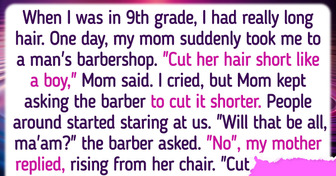
I Caught My MIL Red-Handed on the Baby Monitor
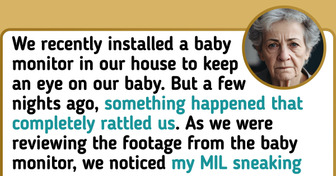
A Homeless Woman Got a Free Makeover and People Can’t Believe Their Eyes

Johnny Depp Finally Cuts His Long Hair and Shocks Fans With New Look

I Brought My Wife to a Hospital With the Signs of Miscarriage and Accidentally Revealed a Shocking Secret

15+ Discovers That Blew Our Minds Away
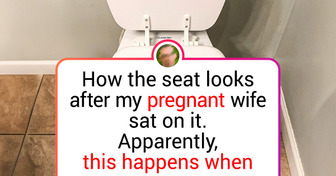
I Refuse to Forgive My Wife for What She Did to My Son

I Refuse to Let My Daughter Treat My Home Like Her Business, I’m Not Her Personal Maid
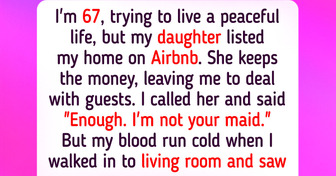
19 Stories That Prove Money Is the Ultimate Truth Serum for Relationships
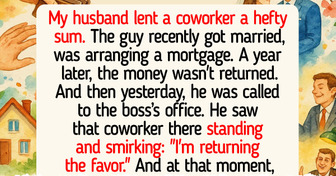
10 Moments That Prove Kindness Still Wins in an Unfair World

18 Stories That Prove Your Gut Feeling Is Actually a Superpower You Shouldn’t Ignore
